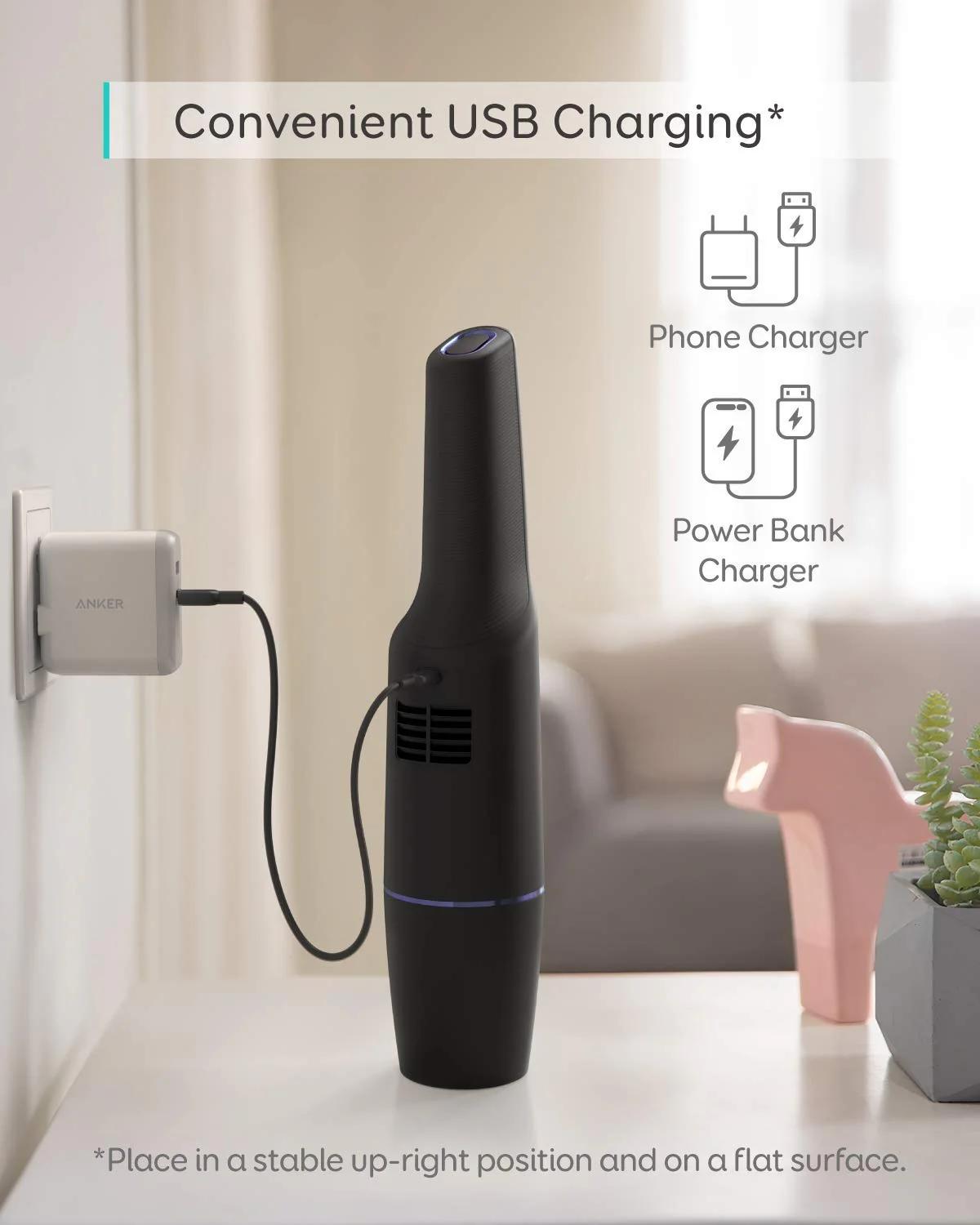Wireless
security cameras are becoming increasingly popular for their convenience and
advanced features. As technology advances, more homeowners are considering
these devices for their surveillance needs. But are they truly reliable? In
this guide, we'll explore the pros and cons of wireless security cameras, how
they compare to wired systems, and what features to look for to ensure you're
making a smart investment.

How Do Wireless Security Cameras Work?
Basic Functionality
Wireless
security cameras capture video and audio just like traditional wired cameras.
However, they transmit the data over Wi-Fi or other wireless networks instead
of through cables. This wireless transmission allows for greater flexibility in
camera placement. The data can be viewed on smartphones, tablets, or computers,
providing real-time monitoring from virtually anywhere. The home security cameras
from eufy, such as the eufyCam S330 and SoloCam S340, are perfect examples of
advanced wireless solutions offering high-quality video feeds and smart
features.
Connectivity and Power Options
Wireless
security cameras rely on either battery power or solar energy for operation,
eliminating the need for extensive wiring. Cameras like the eufyCam S330
utilize solar panels for continuous power, while models such as the SoloCam
S340 offer battery-powered options with easy recharging. The key to their
reliability lies in maintaining a strong and stable Wi-Fi connection. Most
modern cameras come with features that ensure seamless connectivity, even in
the event of network disruptions. This includes dual-band Wi-Fi support and
backup 4G connections.
What Are the Advantages of Wireless Security Cameras?
Ease of Installation
One
of the primary advantages of wireless security cameras is their ease of
installation. Without the need for extensive cabling, these cameras can be set
up quickly and moved around with minimal effort. This flexibility is especially
beneficial for renters or those who frequently change residences. The eufyCam
S330, for instance, can be mounted virtually anywhere, thanks to its solar
power capabilities, making it an excellent choice for hassle-free installation.
This ease of installation can save both time and money, making wireless cameras
a popular choice for many homeowners.
Flexibility and Scalability
Wireless
security cameras offer unmatched flexibility and scalability. You can start
with a single camera and easily expand your system as needed without worrying
about additional wiring. This makes it simple to cover larger areas or add
cameras to new locations as your security needs evolve. The SoloCam S340
exemplifies this flexibility, allowing for versatile installation options and
integration with existing home security systems. This scalability ensures that
as your security requirements grow, your wireless camera system can grow with
them.
Are There Any Disadvantages to Using Wireless Security
Cameras?
Connectivity Issues
While
wireless security cameras offer many benefits, they are not without their
drawbacks. One significant concern is connectivity issues. Wireless cameras
rely heavily on Wi-Fi signals, which can be disrupted by various factors such
as physical obstacles, interference from other devices, or network congestion.
These disruptions can lead to temporary loss of video feed or reduced image
quality. However, advanced models like the eufyCam S330 come equipped with
dual-band Wi-Fi support and backup 4G connectivity to mitigate these issues and
ensure continuous monitoring.
Power Supply Concerns
Another
potential drawback of wireless security cameras is their dependence on battery
or solar power. While solar-powered models like the eufyCam S330 offer
virtually limitless power, battery-operated cameras such as the SoloCam S340
require regular recharging or battery replacement. In areas with limited
sunlight or during extended periods of overcast weather, solar-powered cameras
might also face power issues. However, many modern wireless cameras feature
long-lasting batteries and energy-efficient designs to extend their operational
time, reducing the frequency of required maintenance.

How Do Wireless Security Cameras Compare to Wired
Systems?
Installation and Setup
When
comparing wireless security cameras to wired systems, the installation and
setup process is a key differentiator. Wired cameras require professional
installation involving extensive cabling, which can be time-consuming and
costly. In contrast, wireless cameras can be installed by virtually anyone in a
matter of minutes. The ease of installation and the ability to relocate cameras
without hassle make wireless options like the eufyCam S330 and SoloCam S340 far
more convenient for most users. This convenience is a major advantage for those
seeking quick and flexible security solutions.
Reliability and Performance
In
terms of reliability and performance, wired cameras traditionally offer more
stable connections and consistent power supply. However, advancements in
wireless technology have significantly closed the gap. High-quality wireless
cameras now provide excellent video quality, robust connectivity, and reliable
power solutions. For instance, the eufyCam S330's solar power capability and
the SoloCam S340's advanced battery technology ensure long-lasting performance.
While wired systems might still be preferred in highly demanding environments,
wireless cameras have proven to be highly reliable for everyday home security
needs.
What Features Should You Look for in a Reliable
Wireless Security Camera?
Video Quality and Resolution
When
selecting a wireless security camera, video quality and resolution are crucial
factors. High-definition (HD) or 4K resolution cameras provide clear, detailed
footage that can help identify intruders and other security threats. Cameras
like the eufyCam S330 offer 4K resolution, ensuring you capture every detail
day and night. Additionally, features such as color night vision enhance
visibility in low-light conditions, providing superior monitoring capabilities
around the clock. Choosing a camera with excellent video quality ensures that
your security system effectively protects your property.
Battery Life and Power Options
Battery
life and power options are also essential considerations. Look for cameras with
long-lasting batteries or alternative power sources such as solar panels to
ensure continuous operation. The SoloCam S340, for example, offers robust
battery life, while the eufyCam S330 utilizes solar power for indefinite
operation. Additionally, features like low-power consumption modes and
efficient energy management can extend the battery life, reducing the need for
frequent recharging. Reliable power options are critical to maintaining a
consistently effective security system.
Conclusion
Wireless
security cameras have proven to be a reliable and convenient solution for home
surveillance. With advancements in technology, they offer excellent video
quality, ease of installation, and flexible power options. While they may face
some connectivity and power supply challenges, models like the eufyCam S330 and
SoloCam S340 have addressed these issues with innovative features. When
choosing a wireless security camera, consider factors such as video resolution
and battery life to ensure you select a reliable and effective system. Explore
the best home security cameras to enhance your home’s security today.



